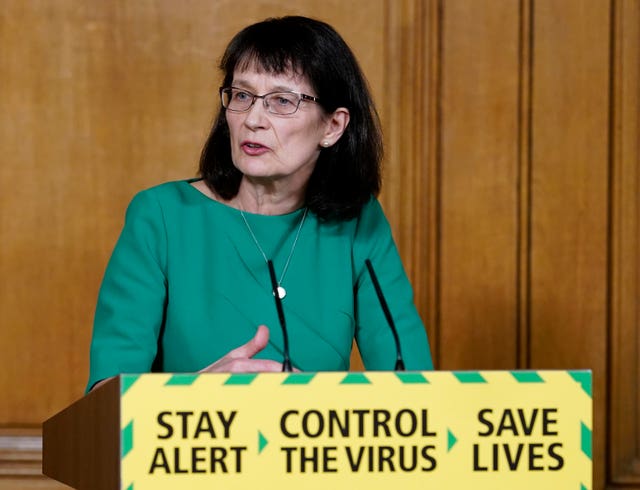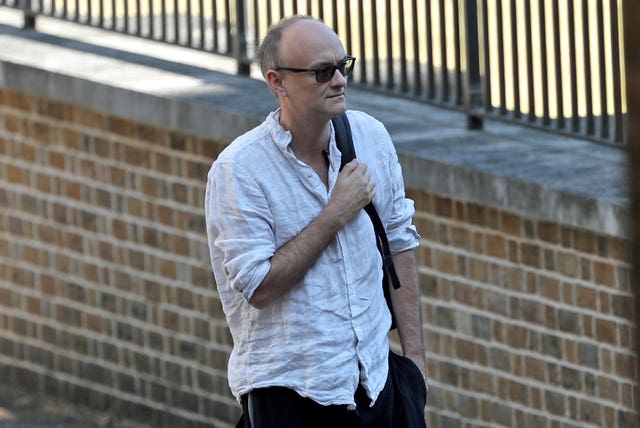Daily Downing Street press conferences scrapped by the Government
The briefings, which have been held on almost every weekday since March 16, will be arranged to ‘coincide with significant announcements’ instead.

The daily Downing Street coronavirus press conference is to be scrapped in favour of ad hoc briefings, the Government has announced.
Briefings will instead take place to “coincide with significant announcements”, according to a Government spokesman.
It follows the decision earlier this month to cut the weekend question and answer sessions due to viewing figures being “significantly lower” on Saturdays and Sundays.
Number 10 has been holding the briefings, which were reformatted to incorporate questions from the public, since March 16 as the coronavirus outbreak moved swiftly through the UK.
The events looked to be being wound down, however, with Cabinet ministers appearing on their own in recent weeks, no longer flanked by medical and scientific experts.
Boris Johnson, speaking at the final daily press conference on Tuesday, assured the public it would not be the last time they heard from the Government and its advisers.
“I want to tell everybody that we are going to be winding down, I’m afraid, the rhythm of these press conferences, although I know they have become a great point of focus,” he said.
“It is basically because we are continuing to make great progress in controlling the virus and we want to make sure we have something really important to say.”
He thanked Professor Chris Whitty, the chief medical officer, and chief scientific adviser Sir Patrick Vallance for their “really heroic” work at the briefings.
Mr Johnson added: “We will of course be keeping your informed.
“There will be, as I said, more outbreaks, certainly local outbreaks.
“I don’t think, therefore, you have seen the last of us by any means.”
A Government spokesman confirmed that it would continue to publish the data which was previously being made available at the press conference, with information to be published on its website “every week day”.

The Prime Minister led the press conference after announcing an easing of the lockdown in the House of Commons.
Revealing changes due to come into force on July 4, Mr Johnson said social distancing would be cut from two metres to “one metre-plus”, while pubs and restaurants will also be allowed to reopen.
The press conferences, which took place at 5pm on weekdays, saw some blockbuster moments.
Following revelations that his chief aide Dominic Cummings had driven 260 miles during the lockdown, Mr Johnson decided to front the press conference on Sunday May 24 to defend the Number 10 adviser.
Reports later followed that England’s chief nursing officer, Ruth May, was stood down from appearing at one of the briefings when she refused to support Mr Cummings’ decision to take his family to stay on his parents’ farm in County Durham.
Transport Secretary Grant Shapps was forced to deny the reports during the June 12 press conference.

This month saw Cabinet ministers appearing on their own often at the afternoon briefings, taking questions without expert support.
Deputy chief medical officer Professor Jonathan Van-Tam last appeared at a briefing on May 30, while Dr Jenny Harries, deputy chief medical officer for England, made her first appearance in more than three weeks on Monday.
When it was put to him last week that there were some questions that medical experts would be more equipped to answer than ministers, Foreign Secretary Dominic Raab said: “Well, you haven’t tried me on a question I can’t answer yet but I am happy to be proved wrong.”
Mr Raab added that the experts were “important” and that viewers would still see them but “perhaps not on a daily basis”.





